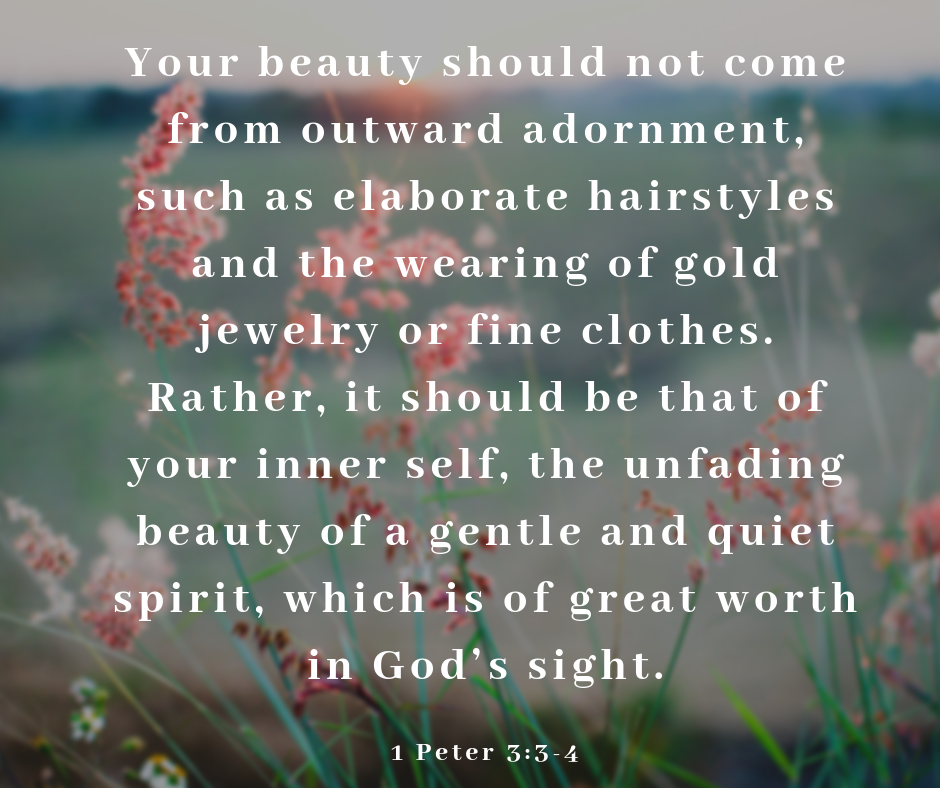Recently, fitness influencer @lucymountain received widespread praise when she announced that she was doing something unheard of: She was going to stop using the “Subtle” filter on all her Instagram Story videos (*gasp!*). She was also encouraging others to do the same using #getyerfaceout.
If you’re reading this thinking, “Ok, and…what’s the big deal?” you’re probably not a social media power user. But for people who spend a lot of time on platforms like Instagram, TikTok, and Snapchat (i.e. most teenagers), they know how crazy this is. Why? Because few women dare to show their unfiltered, un-made-up faces online. And as we’ll see, these so-called “beauty” filters are changing the way we perceive ourselves and others, whether we realize it or not.
What’s with all these beauty filters and face-“enhancing” apps?
Started by Snapchat and quickly adopted by Instagram and Facebook (and now TikTok), filters are simply special effects that can be applied to faces in videos and photos. Many of them are purely for fun: big glasses, a funny hat, a giant mouth, even dog ears. They can put you in movie scenes or completely distort your face just for laughs. Seems like a great way to bring some fun back to social media, right?!
Where these filters take a turn, however, is when they become more subtle and less noticeable. Things like sparkles, pore-smoothing filters, unrealistically large eyes, and plump lips that make us that much more “attractive” can be hard to turn down. They make us look how we think we should look by getting rid of “flaws” and “blemishes” and shaping us to fit what’s considered attractive right now.
The problem is our teens are growing up through the unrealistic lens of beauty filters. They believe they have to add them to photos/videos and learn how to use airbrush apps just to measure up to society’s beauty standards.
How are these filters affecting us?
On an extreme end, they’ve actually led to a new phenomenon called “Snapchat dysmorphia” in which people get plastic surgery to make themselves look like the filters—fuller lips, big eyes, thin noses. Of course, it’s impossible to achieve the perfection of a filter because it’s not real. Still, the phenomenon has people chasing the imaginary. Why? Because selfie-editing apps and camera filters subtly communicate what’s pretty, acceptable, and good—and what’s not.
(Psst! You’ll find way more info on Snapchat here.)
According to researchers from Boston University School of Medicine’s Department of Dermatology, “Those filtered selfies often present an unattainable look and are blurring the line of reality and fantasy for these patients.” The more photos they take, the more dissatisfied they become with their natural faces.
“It’s an alarming trend.”
So other than the fact that filters give our teens the chance to look how they want to look, why are they so prone to using them? Because when they do, the compliments roll in. And when they get messages and comments saying they’re beautiful, perfect, or even sexy, it’s not hard to see why they’d want to receive more of that affirmation.
[perfectpullquote align=”right” bordertop=”false” cite=”” link=”” color=”” class=”” size=””]“These filters and edits have become the norm, altering people’s perception of beauty worldwide.”—Boston University School of Medicine’s Department of Dermatology[/perfectpullquote]
So what can I do as a parent to help my child to see her beauty?
We can’t control how many selfies our kids post in a week or which filters they apply to their videos. What we can control is the way we affirm, love, and build them up. We want to help our kids form a solid, biblical foundation of their own self-worth, value, and beauty without the lens of a filter. In His infinite creativity, God made them exactly the way they are on purpose. They are “fearfully and wonderfully made,” no filter necessary.

(Psst! Check out our Parent’s Guide to Social Media)
Long before our teenagers join the complicated world of social media, it’s up to us to reinforce who and whose they are. But truly grasping what it means that their identity is in Christ and that their worth comes not from anything they do or accomplish can be really hard in our image-driven world. Start an ongoing conversation with them about how those truths impact how they view and treat themselves and others.
Start the conversation:
- Why do you think filters make someone look more attractive? Who decided that was attractive?
- Why do you think you feel like you don’t measure up or aren’t good/pretty/attractive enough? Is it possible that your view has been distorted by messages you’ve received from culture? Why or why not?
- If you achieve the standard of beauty that you want to, what do you hope will happen?
- Think of an older person who you think is really beautiful. What makes them so attractive?
- Have you ever met someone who was attractive at first but later became less attractive? What made them seem less attractive? What was missing?
The hope is that our kids will begin to see themselves as chosen, beautifully made, and worth far more than what cultural beauty standards tell them they are—and to realize that outward beauty alone is fleeting, empty, and unfulfilling.
For more on body positivity, check out our Parent Guide.